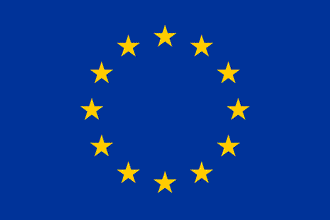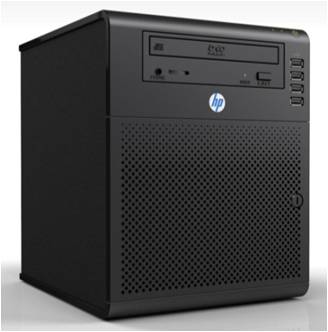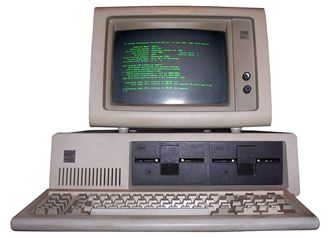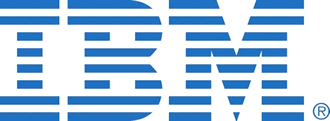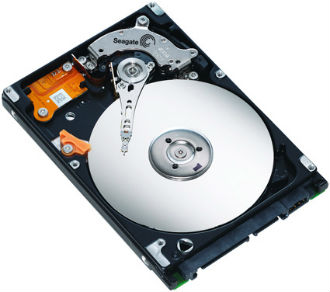 ABI Research believes that by the end of this year processors including embedded security technology will reach the billion mark.
ABI Research believes that by the end of this year processors including embedded security technology will reach the billion mark.
Vendors are building in the Trusted Execution Environment (TEE) will reach 366 million as part of that figure.
The shipments are driven by governments, financial service companies and other enterprises largely to ensure secure ID and payments.
The market for TEE devices is still in its early stages, said ABI. But shipments are bound to increase for them and for Host Card Emulation (HCE).
ARM is integrating TruZeone architecture into every Cortex-A family processor it licenses to vendors.
Unlike TEE devices, HCE depends on the cloud and lets banks introduce mobile NFC products without relying on smartphone SIMs. ABI said that HCE support in smartphones is growing exponentially, and will account for shipments of 252 million by the end of the year.
Players in the game include ARM, Nok Nok Labs, NXP Semi, Infineon, Trustonic and Obertur Technologies.

